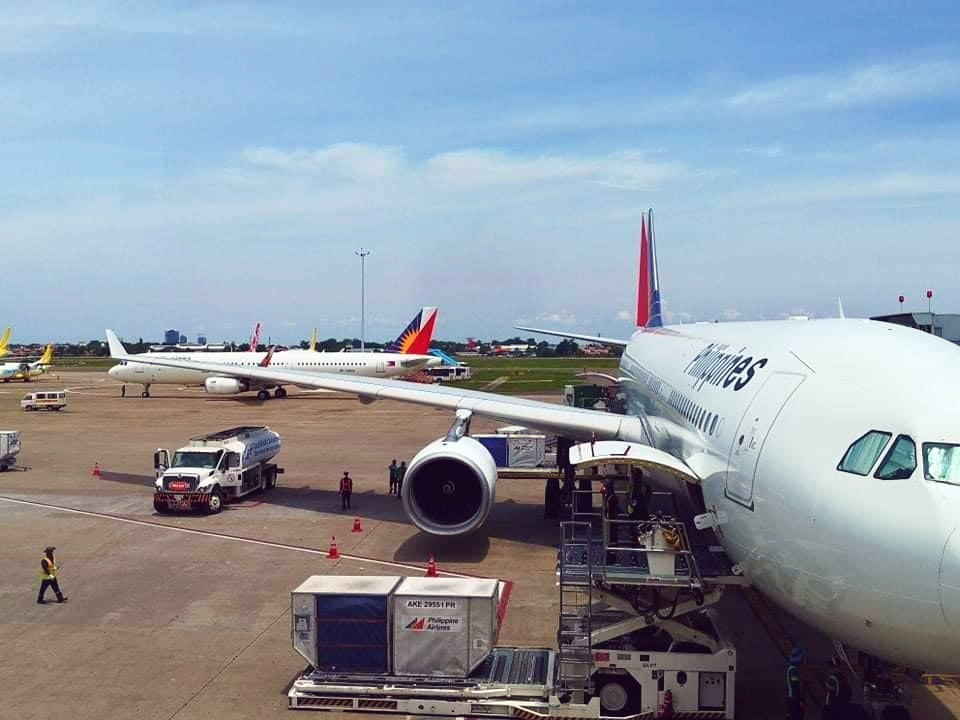Emirates Group saw an unusual yet anticipated financial result for fiscal year 2020-2021 as it recorded its first non-profitable year in over three decades. The downturn can be attributed as the immediate effect of COVID-19 on its operations.
The company’s fiscal year ended on March 31, 2021.
The Emirates Group, which includes airline Emirates, airport services provider dnata, among other brands, reported a net loss of USD 6.0 billion. These figures are down by 1,420 percent from the net profit of USD 500 million during the 2019-2020 fiscal year.
Meanwhile, the airline company itself hemorrhaged the biggest as it reported a net loss of USD 5.5 billion, compared to the previous fiscal year’s net profit of USD 300 million. Comparatively, that is a drop of 2,020 percent.
For the 2020-2021 period, Emirates flew only 6.6 million passengers compared to the previous year’s 56.2 million passengers. The sharp drop in passenger numbers has also been translated into a drop in loadfactor from an average of 78.5 percent to 44.3 percent in the same timeline.
His Highness Sheikh Ahmed bin Saeed Al Maktoum, Chairman and Chief Executive, Emirates Airline and Group, said: “The COVID-19 pandemic continues to take a tremendous toll on human lives, communities, economies, and on the aviation and travel industry. In 2020-21, Emirates and dnata were hit hard by the drop in demand for international air travel as countries closed their borders and imposed stringent travel restrictions.
“Our top priorities throughout the year were: the health and wellbeing of our people and customers, preserving cash and controlling costs, and restoring our operations safely and sustainably. Emirates received a capital injection of AED 11.3 billion (US$ 3.1 billion) from our ultimate shareholder, the Government of Dubai, and dnata tapped on various industry support programmes and availed a total relief of nearly AED 800 million in 2020-21. These helped us sustain operations and retain the vast majority of our talent pool. Unfortunately, we still had to make the difficult decision to resize our workforce in line with reduced operational requirements.”
Emirates Group reduced 33 percent of its total workers to 75,145 employees due to redundancies brought by the COVID-19 pandemic. That coupled with tight cost controls, restructured financial obligations, consolidated operations, among others, meant the company saved around USD 2.1 billion.
Sheikh Ahmed said: “No one knows when the pandemic will be over, but we know recovery will be patchy. Economies and companies that entered pandemic times in a strong position, will be better placed to bounce back. Until 2020-21, Emirates and dnata have had a track record of growth and profitability, based on solid business models, steady investments in capability and infrastructure, a strong drive for innovation, and a deep talent pool led by a stable leadership team. These fundamental ingredients of our success remain unchanged. Together with Dubai’s undiminished ambitions to grow economic activity and build a city for the future, I am confident that Emirates and dnata will recover and be stronger than before.”
He concluded: “In the year ahead, we will continue to adopt an agile approach in responding to the dynamic marketplace. We aim to recover to our full operating capacity as quickly as possible to serve our customers, and to continue contributing to the rebuilding of economies and communities impacted by the pandemic.”























Leave a comment